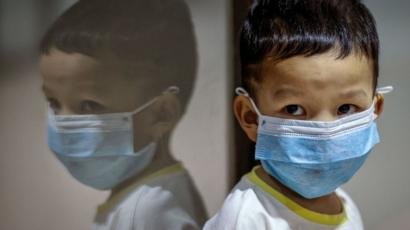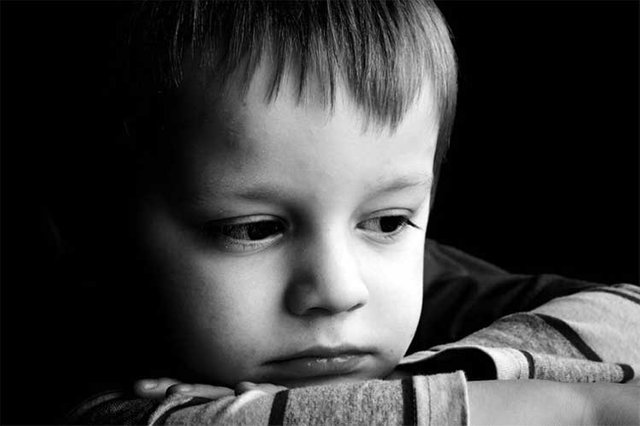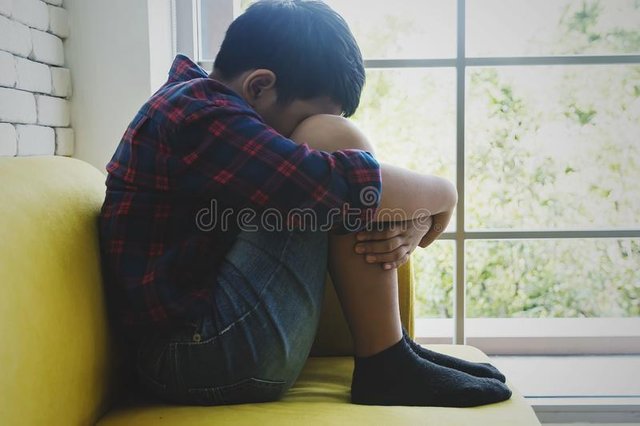
In response to the outbreak of coronavirus disease COVID-19, in late January, the Chinese government ordered the closure of schools across the country as an emergency measure to prevent the spread of the infection. The measure left more than 180 million primary and secondary school students and 47 million preschool children confined to their homes.
Although this measure was very necessary, there are reasons for concern that the prolonged closure of schools and home confinement could have negative effects on the physical and mental health of children.
Psychological impact
Evidence indicates that when children do not go to school (for example, weekends and summer vacations), they are less physically active, spend more time in front of electronic device screens, have irregular sleep patterns and diets less. favorable.
Those negative health effects are likely to be much worse when in a context where they are confined to their homes without outdoor activities and without interacting with friends of the same age during the outbreak.

Perhaps a more important, but easily neglected issue is the psychological impact that confinement can have on children. Stressors such as prolonged duration, fear of infection, frustration, boredom, inadequate information, lack of contact with classmates, friends and teachers, lack of personal space at home, and economic loss of the family, can have even more troublesome and lasting effects.
Consistent with this notion, a study by researchers at the Huazhong University of Science and Technology in Wuhan found that children confined to Hubei province, where large numbers of cases of coronavirus infection first appeared, showed signs of mental health problems.
Assessing mental health
For the study, the researchers examined symptoms of depression and anxiety among 675 Wuhan students, who were restricted to their home between January 23 and April 8, 2020, and 1,109 students from Huangshi, a city located about 80 kilometers southeast of Wuhan, who remained in their homes from January 24 to March 23.
In total, 1,784 participants completed a survey designed to assess mental health symptoms between February 28 and March 5, 2020, when they had, on average, 33 days of home confinement.

The data revealed that 22.6 percent of children reported depressive symptoms, while 18.9 percent reported anxiety symptoms, which is higher than might be expected from usual levels (17.2 and 9, 3 percent, respectively).
Depressive symptoms were greatest in children who were most concerned about COVID-19 infection and who were most pessimistic about the pandemic.
These results suggest that home confinement may be related to increased anxiety and depressive symptoms among children, similar to other traumatic experiences.
Due to the study design and short follow-up time, it is unclear whether these emotional symptoms should be interpreted as short-term psychological responses to restrictions imposed by home confinement or early signs of long-term psychiatric problems in children. To determine this, the researchers will continue to follow the participants.